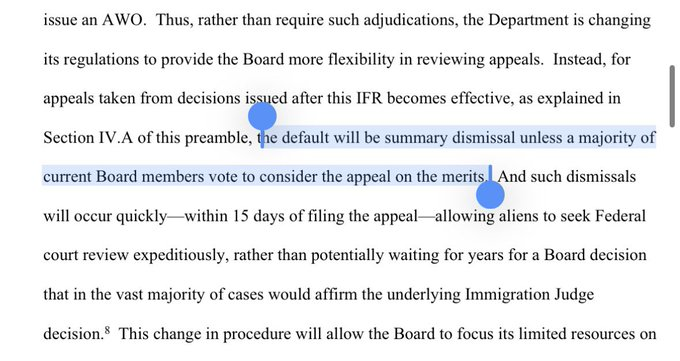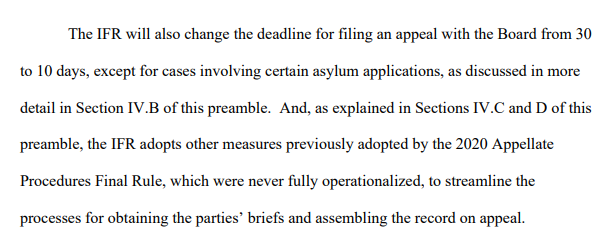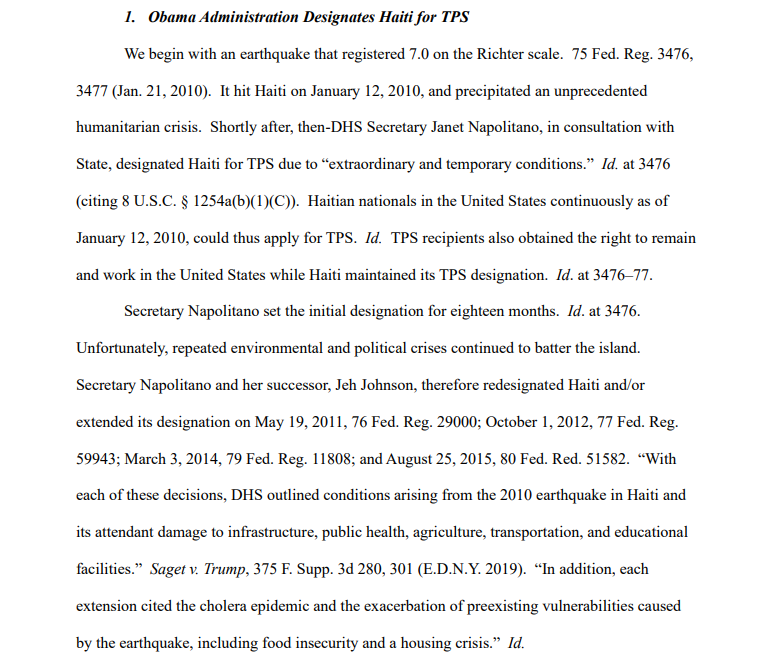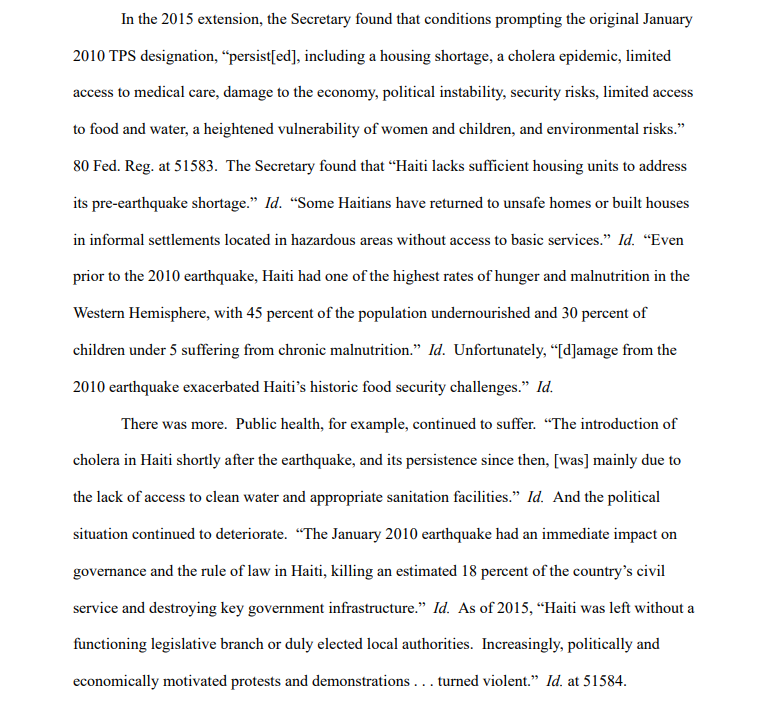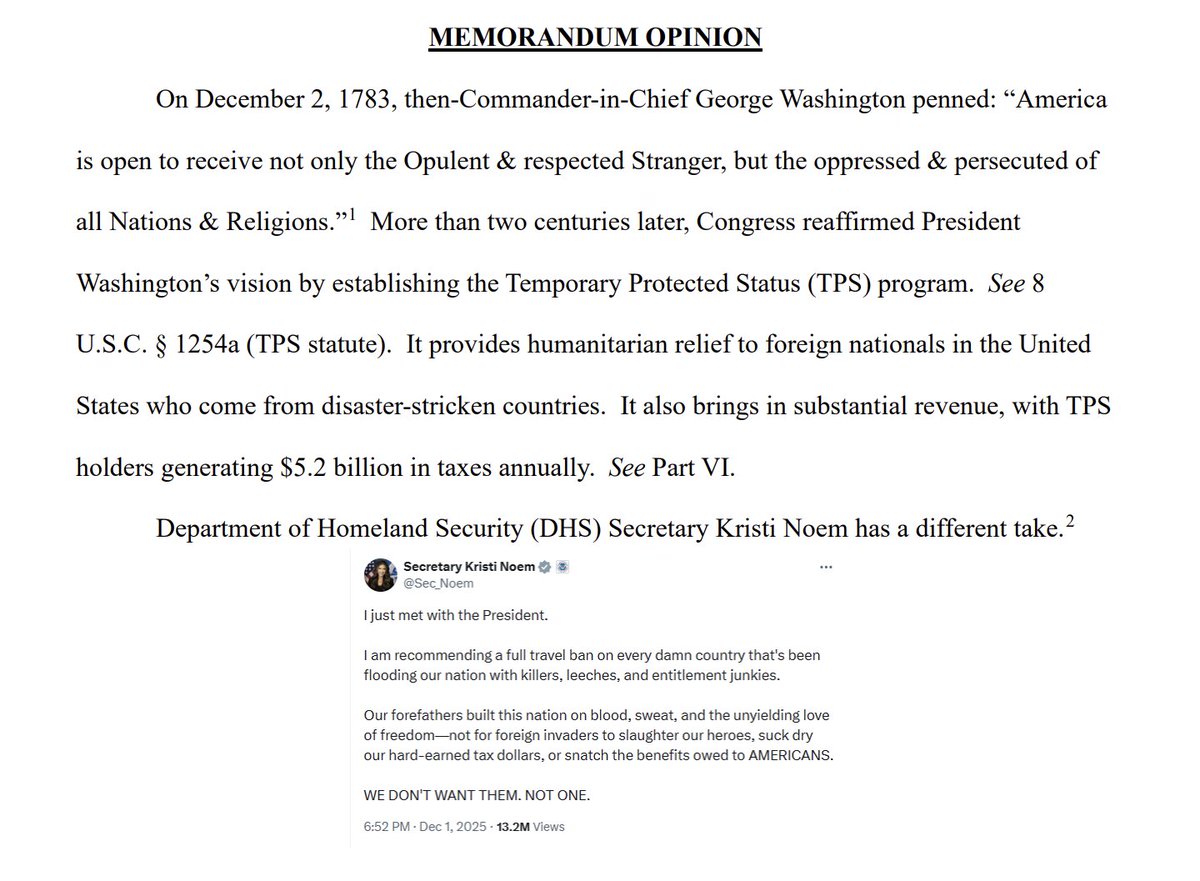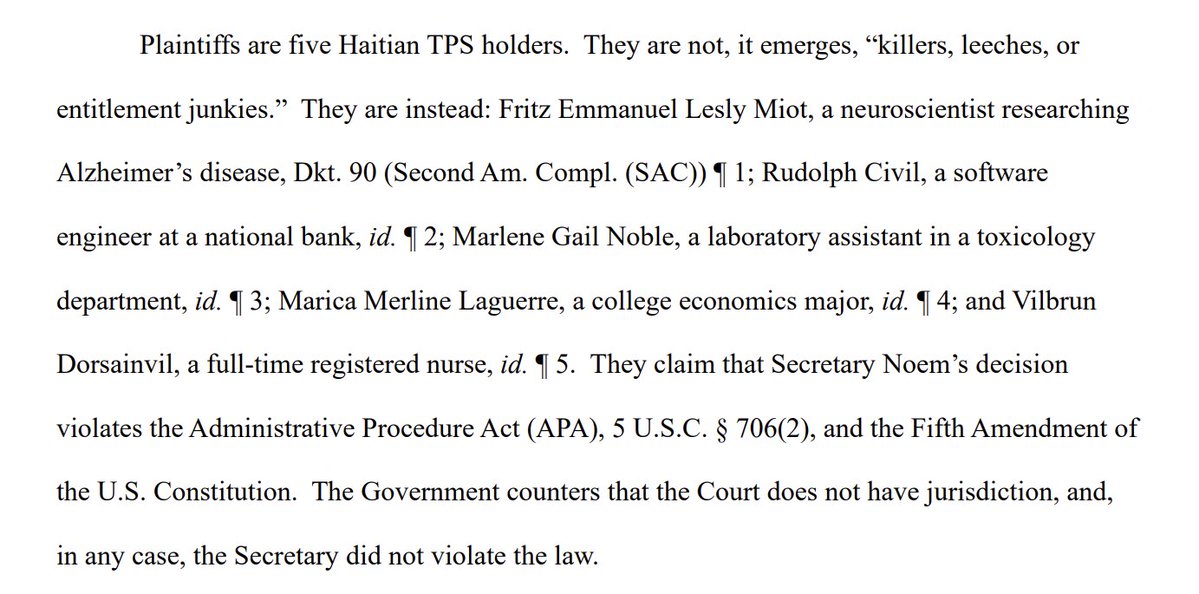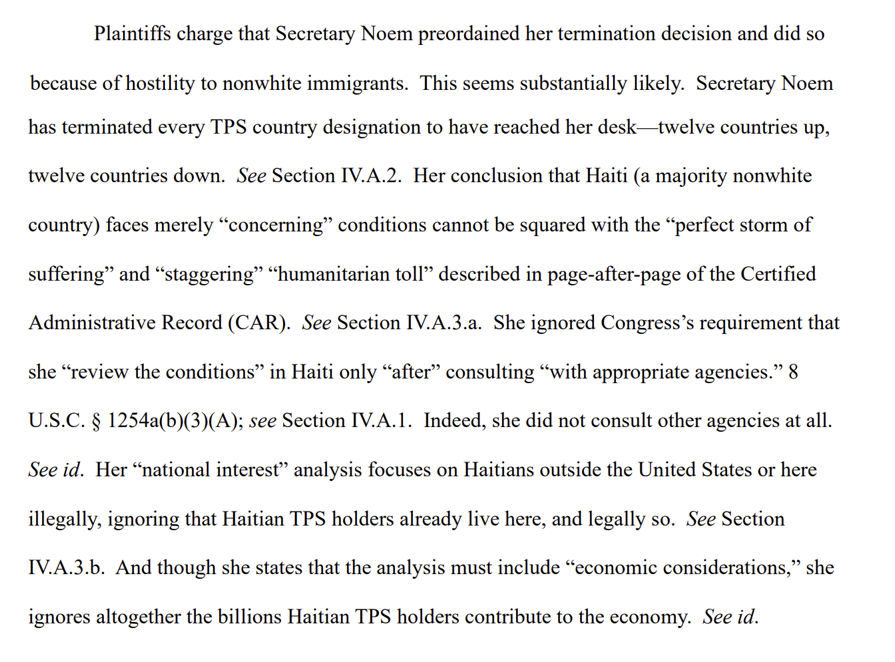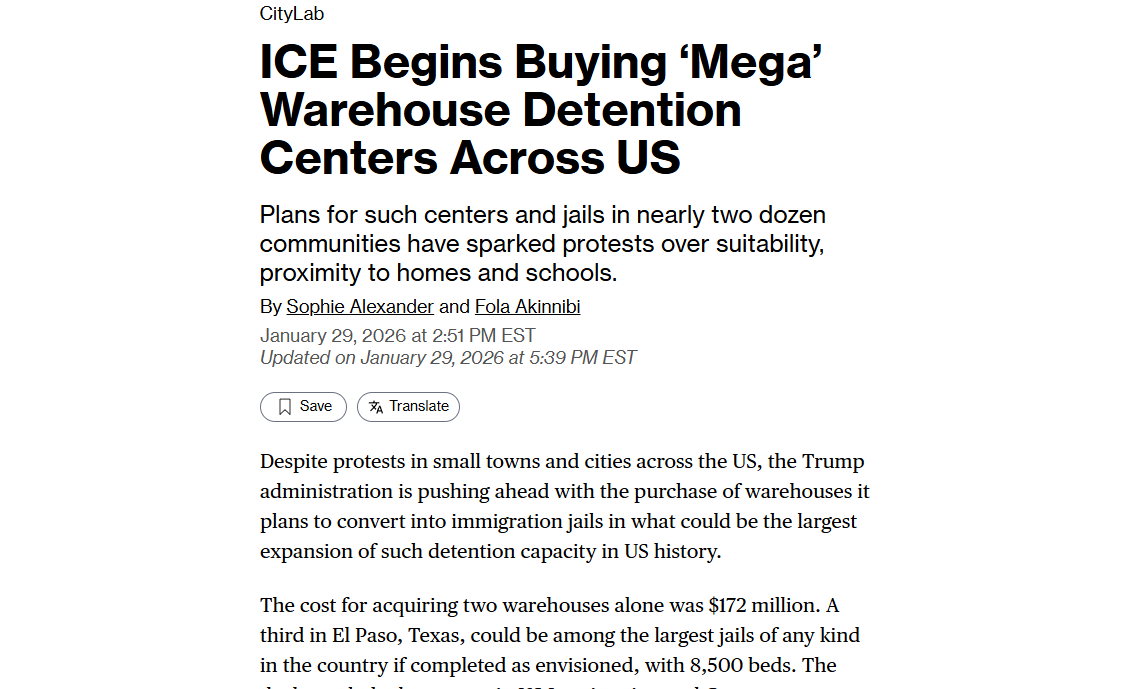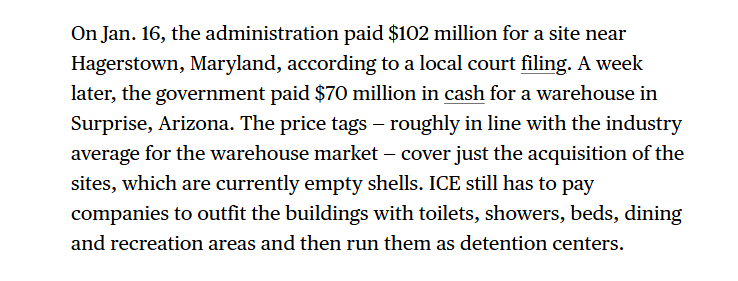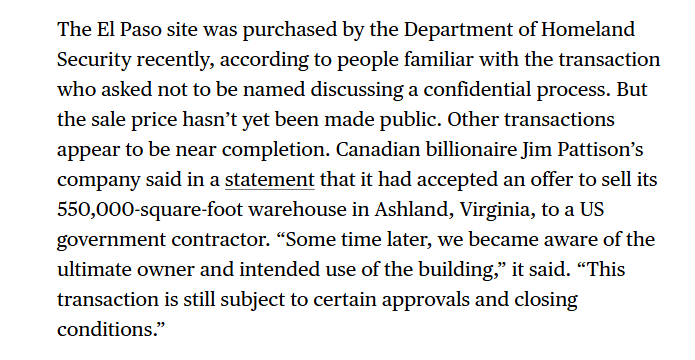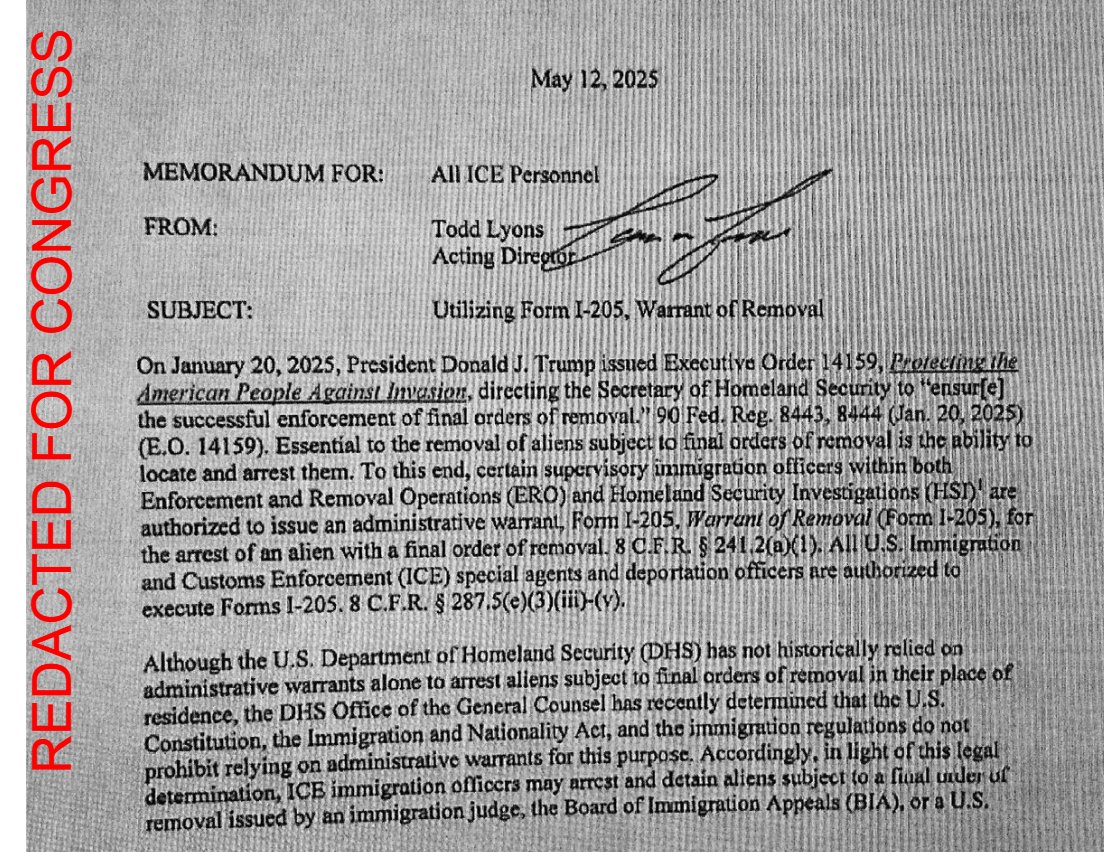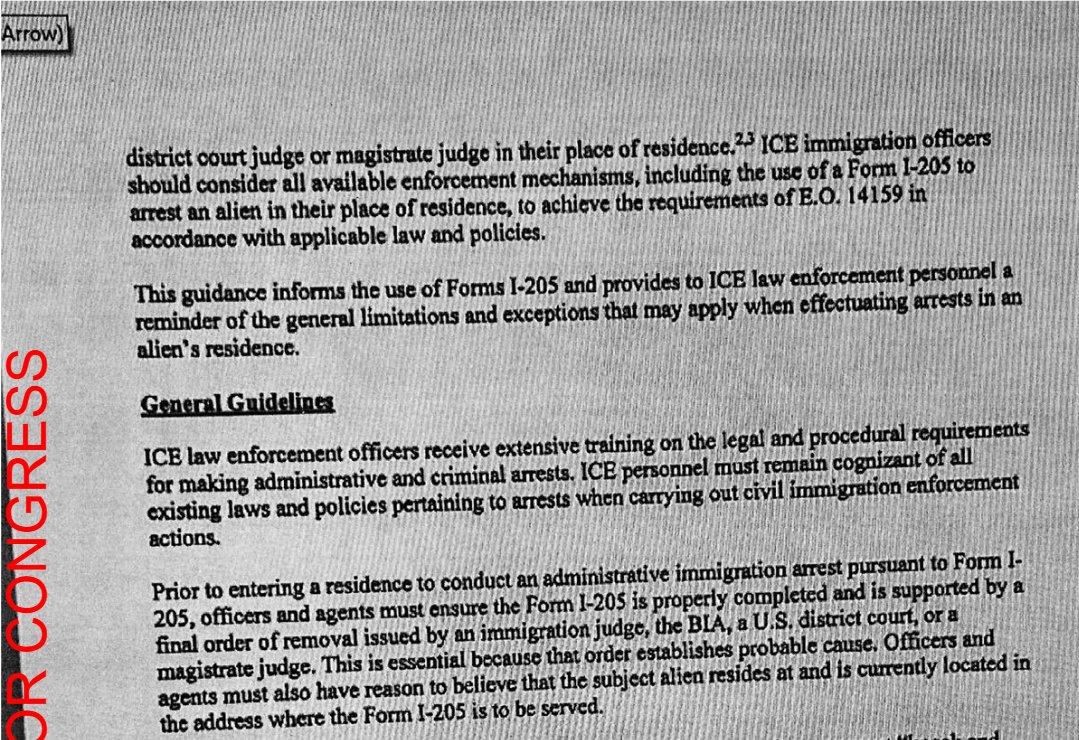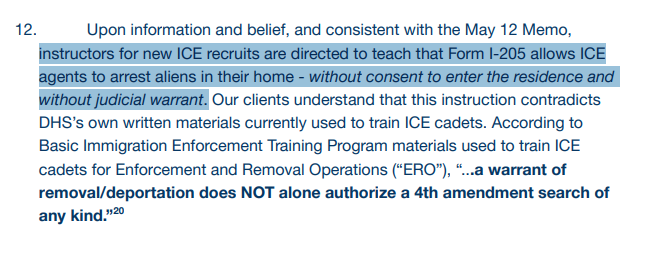Wolf is making things up again. Here's what @DHSOIG said in 2005 about why Congress created ICE.
"ICE was established not with a focus on supporting a particular mission but rather on building an institutional foundation large enough to justify a new organization."
"ICE was established not with a focus on supporting a particular mission but rather on building an institutional foundation large enough to justify a new organization."
https://twitter.com/DHS_Wolf/status/1309266091458408448

The entire OIG analysis from 2005 is amazing. Here's what OIG offered as one official's theory for why ICE was created in the first place—interior immigration enforcement alone would never "attain bureaucratic critical mass," so they threw a bunch of other things into the pot. 



The 2005 OIG report is worth a read. It assessed whether CBP and ICE should be merged back into one immigration agency.
OIG said merger was "the optimal solution" with "almost universal" support among employees, most of whom used to work for INS. oig.dhs.gov/assets/Mgmt/OI…
OIG said merger was "the optimal solution" with "almost universal" support among employees, most of whom used to work for INS. oig.dhs.gov/assets/Mgmt/OI…

Interestingly, at the time of the 2005 OIG report, the Federal Protective Services and the Federal Air Marshals Service had both been placed into ICE. They were later pulled out, with FPS becoming its own agency and the Air Marshalls going under TSA.
• • •
Missing some Tweet in this thread? You can try to
force a refresh


